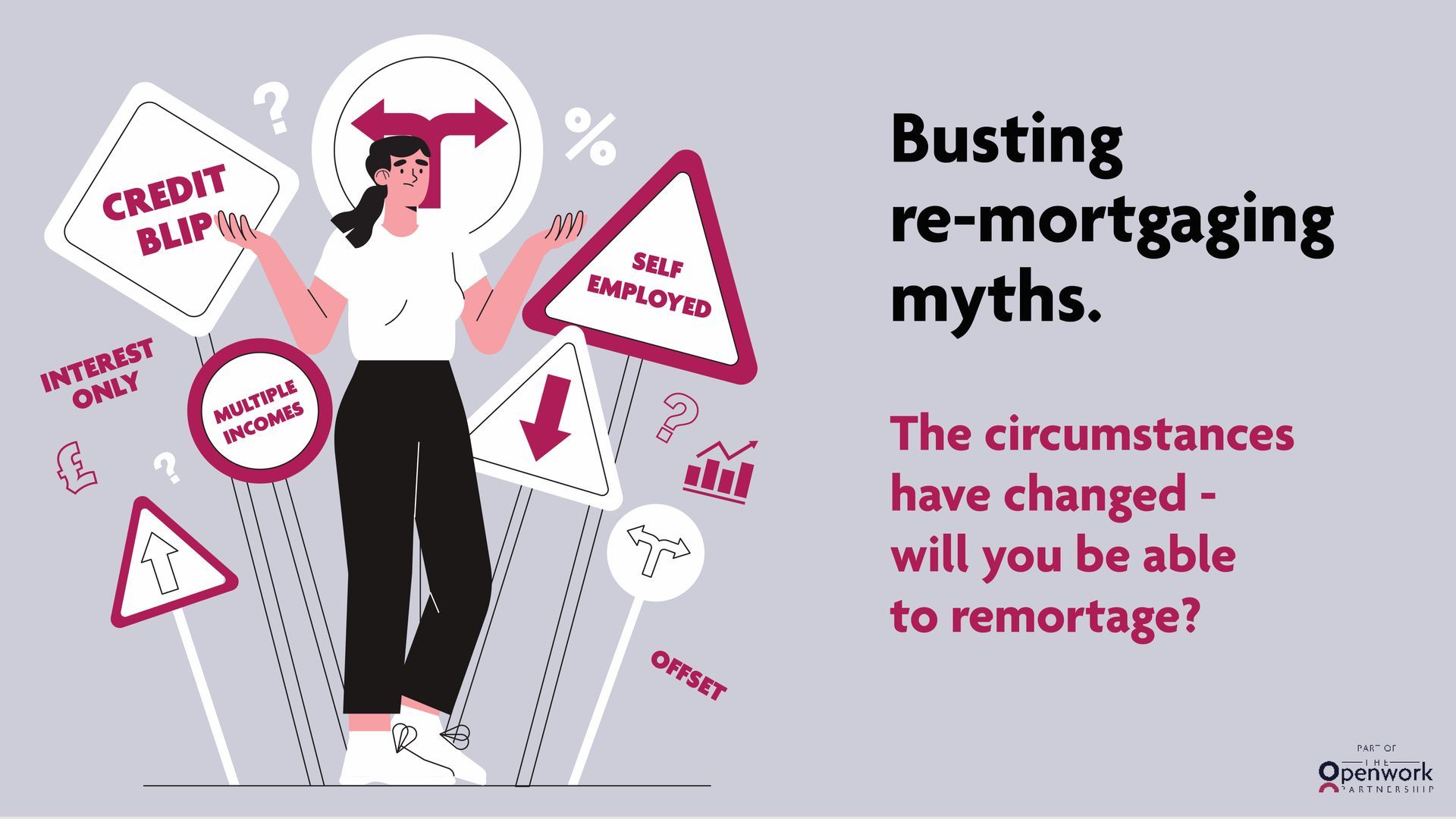Questions to Ask Your Mortgage Broker
This is a subtitle for your new post
If you are looking for a mortgage, you will be faced with a decision: should you approach your bank directly or should you use a mortgage broker? It is certainly worth considering', but in our experience it is best to use a mortgage broker because they will have access to additional lenders and will make informed product recommendations based on your specific circumstances.
In rare cases, you may approach a mortgage broker who is unable to meet your needs. To avoid this, it is useful to ask your mortgage broker the following questions to determine their credibility and ability to provide you with a suitable service.
Let's look at the questions you could ask your mortgage broker.
Are You a Regulated Mortgage Broker?
The Financial Conduct Authority (FCA) provides regulation to the mortgage industry among other financial services. These regulations are designed to protect consumers from bad outcomes.
Being regulated by the FCA, like we are through Openwork Limited, is not cheap and brokers will need to pay fees before they can officially become regulated. This cost and ongoing regulatory fees have created a market of brokers who either forego paying the fees and operate unregulated or cut corners with regulations.
You should ask your broker two questions regarding regulation:
· Are you authorised and regulated to conduct your role as a mortgage broker?
· How many complaints have you had escalated to the Financial Ombudsman in the last year?
How Many Lenders Do You Have Access to?
Have you heard of Whole of Market mortgage brokers? You may be surprised that Whole of Market mortgage brokers may not have access to every lender in the UK. To be accredited as a Whole of Market broker a mortgage broker needs to have access to a range of products that represent the market for first charge mortgages.
Some Whole of Market brokers only have access to a handful of lenders in each respective field and may not actually be able to source you the best lender on the market for your circumstances.
A good question is to ask is how many lenders are on the broker’s panel?
This should be a good indication of whether your chosen broker has the scope to compare a wide range of lenders across all mortgage products.
Broker fees have now unfortunately become an industry standard as the commission that brokers make from selling products alone is often not enough to satisfy some brokers.
A mortgage broker fee can range from £0 all the way up to £2500 and beyond. Some brokers are particularly creative with how they charge fees, first applying a fee for advice and then charging an application fee.
An expensive mortgage broker can make thousands of pounds in fees per application. These fees do not equate to quality, you are not paying for a better service.
As the last point suggests, there are fee free mortgage brokers who provide top notch mortgage advice and extensive experience in arranging each type of mortgage. If you can find a fee-free broker, like Face to Face, with excellent reviews, you will save a significant sum in unnecessary broker fees.
What Type of Mortgage is Best for Me?
As mentioned earlier, brokers earn money from commissions paid by lenders. Some products command higher commissions and some lenders pay higher commission rates than others.
As a result, unscrupulous brokers may make a recommendation based on their commission income rather than advising on what is best for you.
Ask your mortgage broker for a recommendation and then ask them to explain their reasons for the advice. If there are cheaper products available that the broker has not recommended, ask them to justify their suggestion.
Sometimes the cheapest product is not the most suitable for you. A competent mortgage broker will be able to clearly explain why that is the case.
What Are the Current Interest Rates?
Rising interest rates at the moment are alarming for many borrowers and it is a good idea to ask your mortgage broker what rate of interest you can expect to pay at this time.
However, a mortgage broker will not be able to advise you on how interest rates will change in the future as they will largely be determined by external factors.
How Much Can I Borrow?
Affordability is always a concern for borrowers, particularly if you are buying a house for the first time. A good mortgage broker will be able to do a thorough mortgage calculation and advise you on the lenders who may offer the most.
Bear in mind that mortgage calculators use a standard formula to calculate affordability and most lenders have their own unique calculations that change regularly.
You may be surprised at how different your affordability comes out with your chosen lender compared to a mortgage calculator you find online.
How Much Deposit Do I Need?
Each affordability calculation will take into account the amount you can put down as a deposit. You can ask your broker to experiment with different deposit levels and find a deposit that meets your needs.
A reputable mortgage broker will be able to tell you the deposit sum required for you to be able to access a desirable interest rate at your given purchase price.
Will You Be Able to Arrange Insurance?
Some mortgage broker will have large panels of insurers in both areas to make your mortgage application process smoother. Having a wide panel of insurers also allows you to source the right deal for your insurance.
Speak to a Specialist
Face to Face is a Market Mortgage, Insurance Brokerage. We are part of The Openwork Partnership, who are authorised and regulated by the Financial Conduct Authority and we provide fee free mortgage advice. Book your mortgage consultation with Face to Face today.
YOUR HOME MAY BE REPOSSESSED IF YOU DO NOT KEEP UP REPAYMENTS ON YOUR MORTGAGE.
Approved by The Openwork Partnership on 18/9/23.











